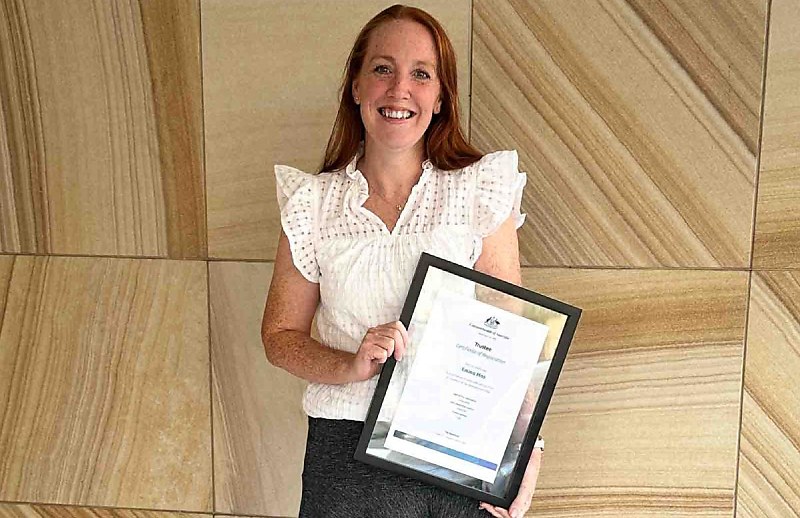Insolvency has a gender problem, says Jirsch’s first female trustee
AppointmentsEmma Mos of Jirsch Sutherland says the insolvency world is still so male-dominated because of ingrained stereotypes and high barriers to entry.

The insolvency industry has a gender problem caused by old stereotypes and barriers to entry, says practitioner Emma Mos, who has made history as Jirsch Sutherland’s first-ever female bankruptcy trustee.
Mos, who received her registration this month, said it was a “massive deal” to join the country’s cohort of 250 trustees, an accomplishment she shares with only a handful of other women.
“The fact there are so few women in the industry was a big motivation and driving factor,” she said.
According to AFSA, the regulator that oversees the $15 billion personal insolvency system, women make up only 13 per cent of its registered trustees.
“The numbers actually scare me, that so few women have registration,” Mos said. “It baffles me that’s where we are, when there’s so much equality elsewhere. It’s madness,” she said.
She said the industry had a gender problem, with stereotypes and restrictions discouraging women from going into the field and working their way up to becoming registered trustees.
“When people expect to deal someone [in insolvency], they expect it will be a man walking into the room to speak to them,” she said.
For instance, Mos recalled being told by a creditor while working in England she seemed like a “really nice girl” who should “get a proper job”; in another case, she encountered a client who would ignore her and only interact with her junior male colleague.
“There’s gender stereotypes that women are softer, or submissive or weak and therefore, they're not suited to this role that can often involve challenging situations, high pressure, high emotion,” she said.
“But those attributes, that some people will view as a weakness, can really be a strength and a positive in certain situations.”
Mos moved to Australia in 2013 and joined Jirsch Sutherland as a senior manager in 2014.
After becoming a registered liquidator in 2019, she took maternity leave to have her two children, now aged two and four, before returning to work part-time.
This career disruption meant that when she wanted to take the next step and become a registered trustee, she encountered more hurdles: “prescriptive” requirements that hurt an applicant’s chances of registration if they had carer responsibilities, worked part-time or used maternity leave.
For instance, the Bankruptcy Act mandates trustee applicants show at least 4,000 hours of employment at a senior level in insolvency in the last five years – a requirement that Mos fell short of by “a few hundred hours”.
While AFSA’s registration committee has the discretion to waive this requirement – as they did for her – she said it was still a “big hurdle” to overcome.
“Often, by the time you get to that senior position where you’ve got the experience and you’re thinking about being registered, women have had career breaks on maternity leave and potentially return to work part-time too.”
“But it’s important for other women in the industry to know there is a route available,” Mos said, advising other women seeking to enter the male-dominated industry to “not be afraid”.
“It’s going to take a really long time [to see change] but we’re going in the right direction. It’s going to take a change in people's perceptions of what they can achieve and as more people start to come into the industry and reach that senior level where they're registered will hopefully encourage younger women into the profession,” she said.
Jirsch Sutherland managing partner Bradd Morelli called Mos a “role model” for other women and said she “will reach great heights” in the industry.
“To say I’m proud is an understatement,” he said.
“She has worked so hard and navigated many challenges and is an incredible role model for other women in this industry.”




